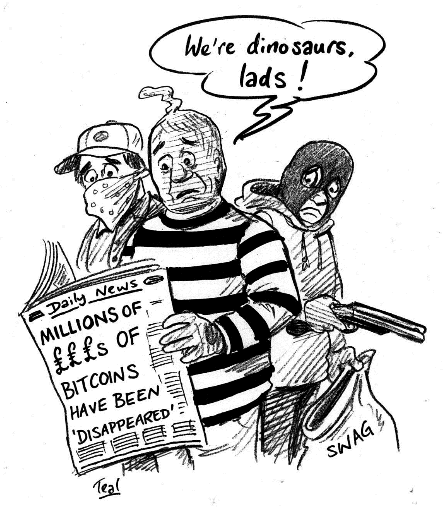Bitcoins are a peer to peer payment system and digital currency. They are created by a process called ‘mining’ in which computer network participants verify and record payments into a public ledger in exchange for transaction fees and newly minted Bitcoins. Bitcoins can be obtained in exchange for products, services or hard currency. World regulators have yet to formulate a common approach to Bitcoins. There is widespread concern that they may be used, or indeed are being used for tax evasion and money laundering. America has said that as there is no interaction between Bitcoins and banks, the Federal Reserve does not have the ability to supervise or regulate them. Neither, one would imagine, does the FCA, yet the UK is adopting a different approach and trying to encourage trading in Bitcoins. HMRC recently announced that it would not charge tax on trades or margins relating to Bitcoins. This ruling treats Bitcoins as a currency as it is based on the EU law that exempts payments and transfers of ‘negotiable instruments,’ (i.e. currencies) from tax.

The world’s largest exchange for Bitcoins was, until recently, MtGox which was responsible for more than 70% of world trades. It has filed for bankruptcy owing about £200 million, owing to a theft which apparently went unnoticed for several years. Such must be the nature of a ‘virtual’ currency. All this apart, Bitcoins or ‘son of Bitcoin’ (Bitnote maybe?) are unlikely to go away. Properly constructed and regulated they could mount a serious challenge to our established economic system. First, to the currency issuing central banks and second to our global system of financial intermediation. Be interesting to see how things have developed five years hence.
The above is the lead article in our monthly News Notes. Please click here for information regarding these notes.
